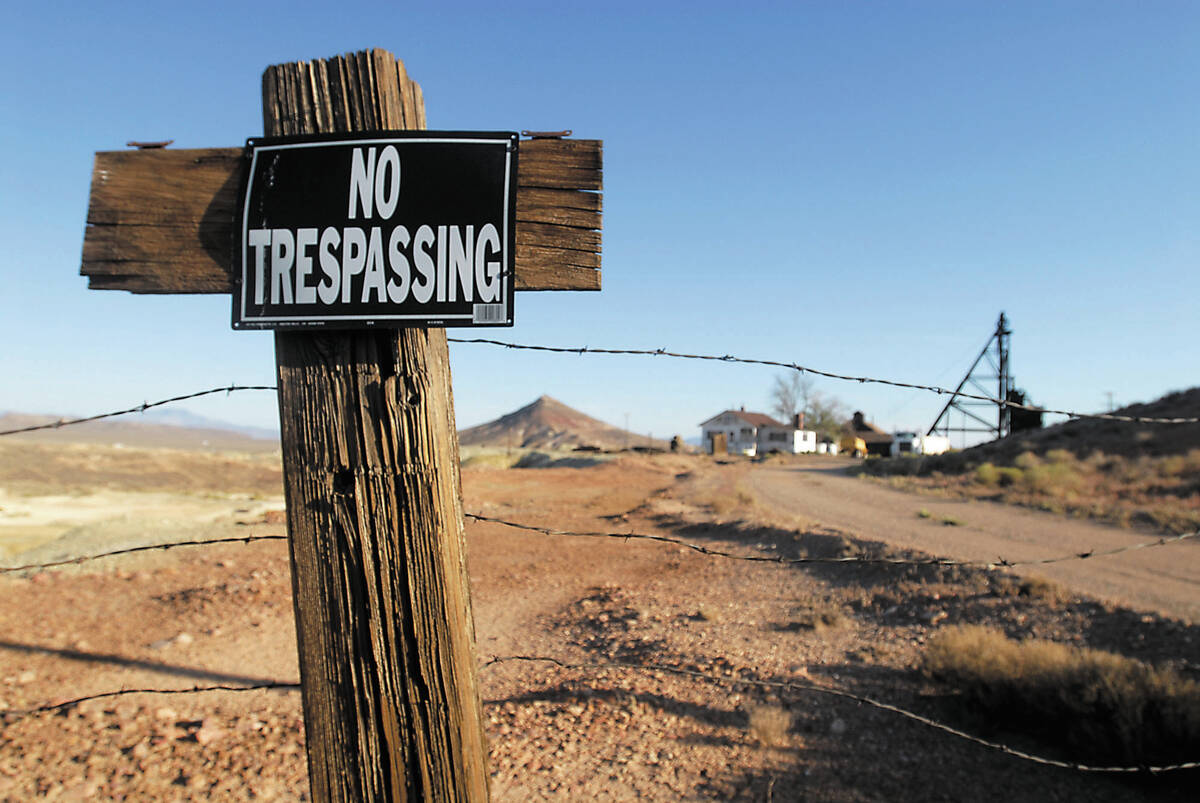EDITORIAL: Another example of government intruding on property rights
It shouldn’t take this much effort to get the government to respect property rights.
For generations, people have enjoyed hunting, hiking and relaxing with family and friends at the Punxsutawney and Pitch Pine hunting clubs in Pennsylvania’s Allegheny Mountains. The clubs stretch for thousands of acres and feature beautiful forests, abundant wildlife and houses where members can stay during their visits.
The clubs are private, which is a big part of their appeal. All entrances are gated. “No Trespassing” signs are posted at property lines. Access is limited to members and guests.
Members come to be free from the intrusions of everyday life. That quiet time is often interrupted, however, by intrusions from Pennsylvania wildlife officers who’ve repeatedly entered the clubs — without permission or warrants — to spy on, interrogate and otherwise hassle their members.
According to the Institute for Justice, which is representing the clubs in a lawsuit against the state of Pennsylvania, officers have spent hours roaming the clubs by foot, bicycle and truck. They’ve secretly watched members, sometimes coming up behind them or entering their tree stands to inspect their papers. They’ve also hidden behind trees and jumped out in front of vehicles to stop and interrogate members.
In one case, an officer sped down a trail in his truck, told a member he’d been spying on him and his guests for several days from a hidden spot in the woods — while wearing camouflage. He accused the member of putting out seed to feed bears. The member calmly explained that the seed was actually birdseed and that he’d been putting it out for the birds. The officer begrudgingly relented and eventually left without issuing a citation.
The Fourth Amendment is supposed to protect “persons, houses, papers and effects” from unreasonable searches and seizures by the government. But several state constitutions — including some with text that predates the federal Bill of Rights — use the word “possessions” instead of “effects.” In those states, private land like the aforementioned clubs is supposed to fall within the category of possessions.
Unless, that is, those states disregard the framers’ intent. Pennsylvania is one such state.
As IJ explains, Article I, Section 8, of the Pennsylvania Constitution was intended to protect private property, including “possessions,” from illegal searches. But in a 2007 case called Commonwealth v. Russo, the Pennsylvania’s high court held that the term “possessions” does not extend to private land.
In this case, IJ hopes to not only send meddling wildlife officers back to where they came from but also to reverse the wrong-headed Russo ruling that empowered their harassment in the first place.





























